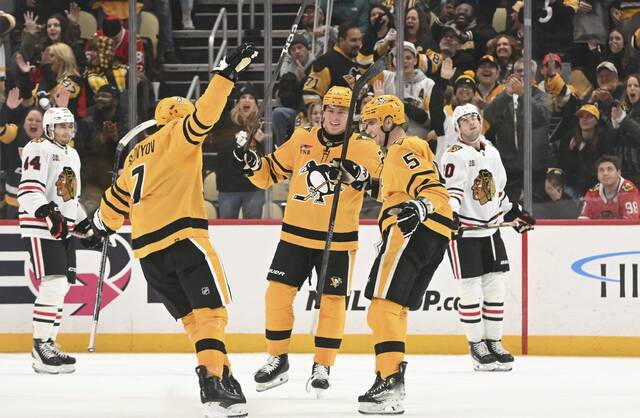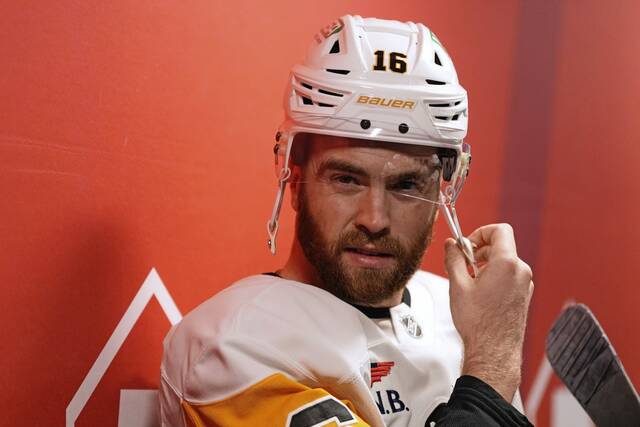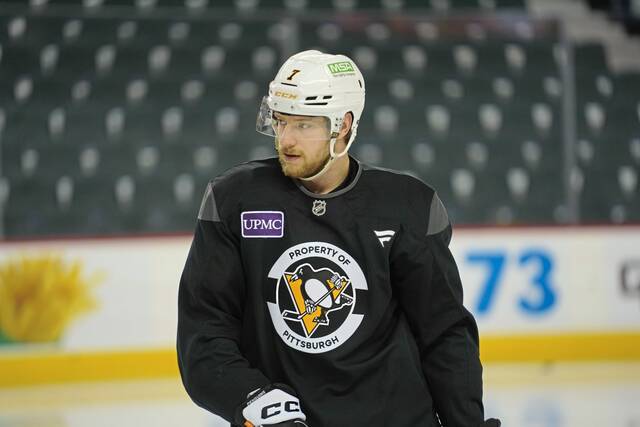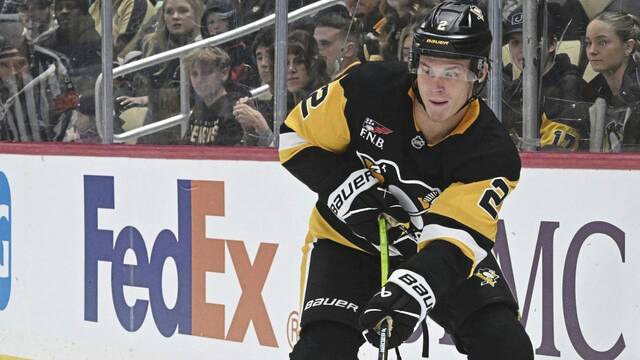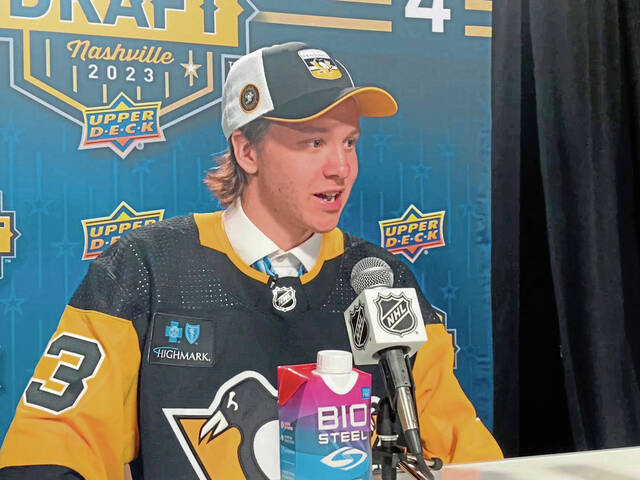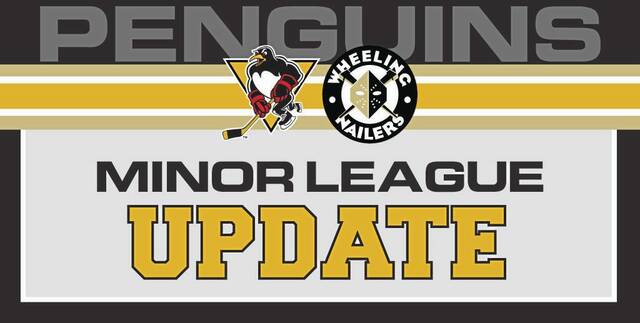You could tell it was a question Pittsburgh Penguins coach Mike Sullivan had been mulling over himself before it was asked of him during a media session Wednesday.
In advance of Day 1 of the NHL Draft in Nashville, Sullivan was asked about the NHL being a “copycat league,” and, when he looked at the franchises that advanced deep into the playoffs this year, how does he feel the team he has going into this season “compares and contrasts with the stylistics of those teams?”
Sullivan wasn’t agitated by the inquiry. But he also seemed ready to push back on the inference.
The inference is that what remains of the 2016-17 teams that won the Stanley Cup is too far removed from those glory days to be copied by others.
And now the Penguins may have to be the copycats.
“I know that’s a fairly common adage around the league,” Sullivan said. “The challenge with that is, when you look at some of the Stanley Cup-winning teams here over the last handful of years, include our team in that. Right?”
Actually, coach, I don’t know about that. Only five players — Sidney Crosby, Evgeni Malkin, Bryan Rust, Kris Letang and Jake Guentzel — are currently under contract for the 2023-24 season from both of those championship versions of the club.
To say nothing of what the current version of those players is right now versus what they were six years ago.
So I’m not sure that anyone else in the league is looking at what remains of the 2016 and 2017 Penguins and saying “let’s try to be like that in 2023-24.”
Many teams tried to be exactly like them in the years after the Stanley Cups. Fast. Skilled. Assertive. Win the puck-retrieval battles and races into the offensive zone on the forecheck. Maintain puck possession with a “you can’t hit what you can’t catch” mentality. Load up with defensemen that could move the puck out of their zone with their feet and their stick.
That’s not easy to do. You can’t just go shopping at the “fast and skilled store for the hockey gifted” and come back with 20 skaters that fit that description.
As a result, many teams tried to mimic the Penguins and failed. Others who were already on that path in terms of team building — Washington, Colorado, Tampa Bay — did so with success and zoomed by the Penguins.
More sports
• Pittsburgh Maulers believe best of season to come in USFL championship game
• Pirates OF Bryan Reynolds 'making progress,' expected to return from IL soon
But those clubs also added elements of size, heft, depth, balance and physicality to their game. Recent Cup champions such as St. Louis and Las Vegas have brought the tone of the playoffs more in that direction.
“There are different types of identities that bring team success,” Sullivan continued. “I think the most important thing is that we look at the group of people that we have — and our core group is the most important — because they are our difference makers. They’re the engine that our team runs on, so we’ve got to build a game plan that sets them up for success.”
Sullivan insists that doesn’t mean taking those players and trying to make them play like Vegas or the Florida Panthers, who matched up in this year’s Stanley Cup Final.
“If we were to try to copy the Stanley Cup champion every single year, we would be all over the map with a style of play, a philosophy of play, an identity of what Penguins hockey actually looks like,” Sullivan said. “I think it’s more important that we’re true to our group. … So I’m not sure I buy into that (copycat) philosophy or that opinion.”
Theoretically, I appreciate Sullivan’s “to thine own self be true” approach. Practically, though, I fear that the proud sense of commitment to team principles is wandering into stubbornly believing it’s still 2017.
“For me, the most important thing is that we look at our core group of players and figure out what their strengths are, we’re going to build an identity around that,” Sullivan reiterated. “Our group has certainly shown plenty of evidence that we can be a competitive team when we surround these guys with the right people, and we put a game on the ice that sets us up for success.”
That’s true. They did. When Crosby, Malkin, Letang and Phil Kessel were all still 30 or younger in 2017, Rust, Guentzel and Brian Dumoulin were all 25 or younger. So it’s not just about finding complementary players to occasionally help out the core players here and there.
It’s also about finding guys who can offset the heavy lifting. Last year’s team faded down the stretch, with even that core group running out of steam late in the season.
Now Guentzel is the only member of that band of brothers younger than 30. He’ll turn 29 four days before the regular season starts.
But given that most of those players are tied up for years to come, all in the $5.1 million-$8.7 million range, adding significant help will be difficult to do.
Keep in mind there is a void at the goalie position too.
“The common denominator is those (core) guys. We’re trying to create a certain identity and philosophy of play that sets us up for success. We’re trying to find players, complementary players, that we think can play that game,” Sullivan concluded.
So it sounds like Sullivan does want to be a copycat after all. He just wants to copy his own team’s success from six years ago, with that same aging core and a reconfigured supporting cast around them.
Is there a FedEx Office near PPG Paints Arena anywhere? Tell ‘em coach Sullivan will be by shortly with a very difficult job.




